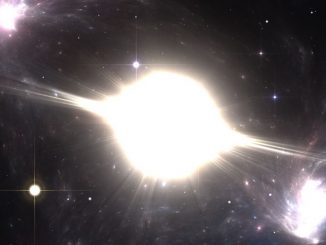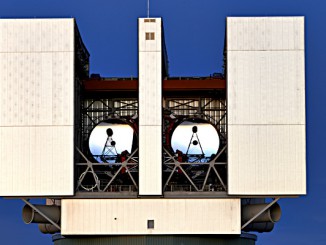
Did a low-mass supernova trigger formation of solar system?
About 4.6 billion years ago, a cloud of gas and dust that eventually formed our solar system was disturbed. The ensuing gravitational collapse formed the proto-Sun with a surrounding disc where the planets were born. Now, forensic evidence from meteorites provides conclusive evidence that a low-mass supernova was the trigger.



